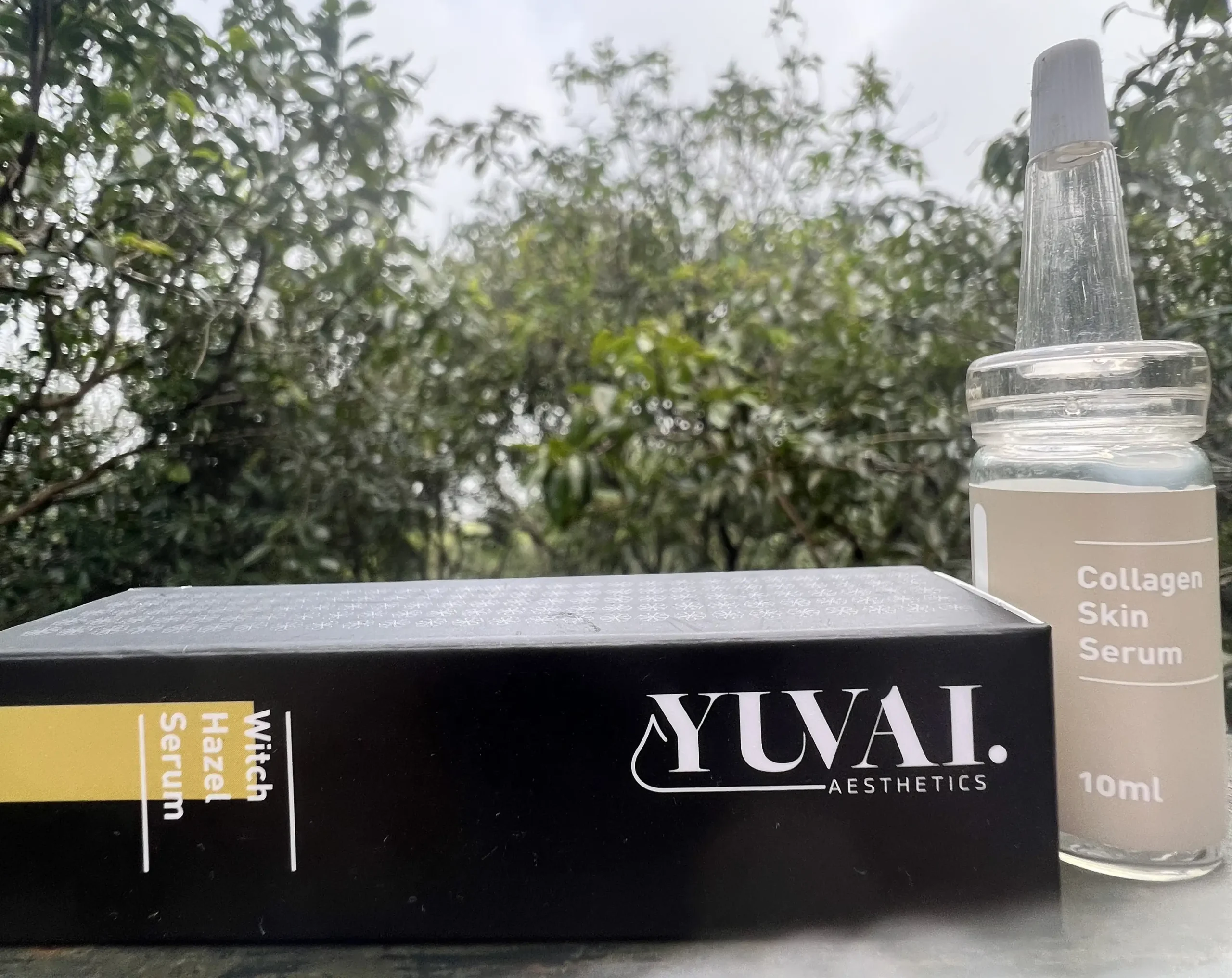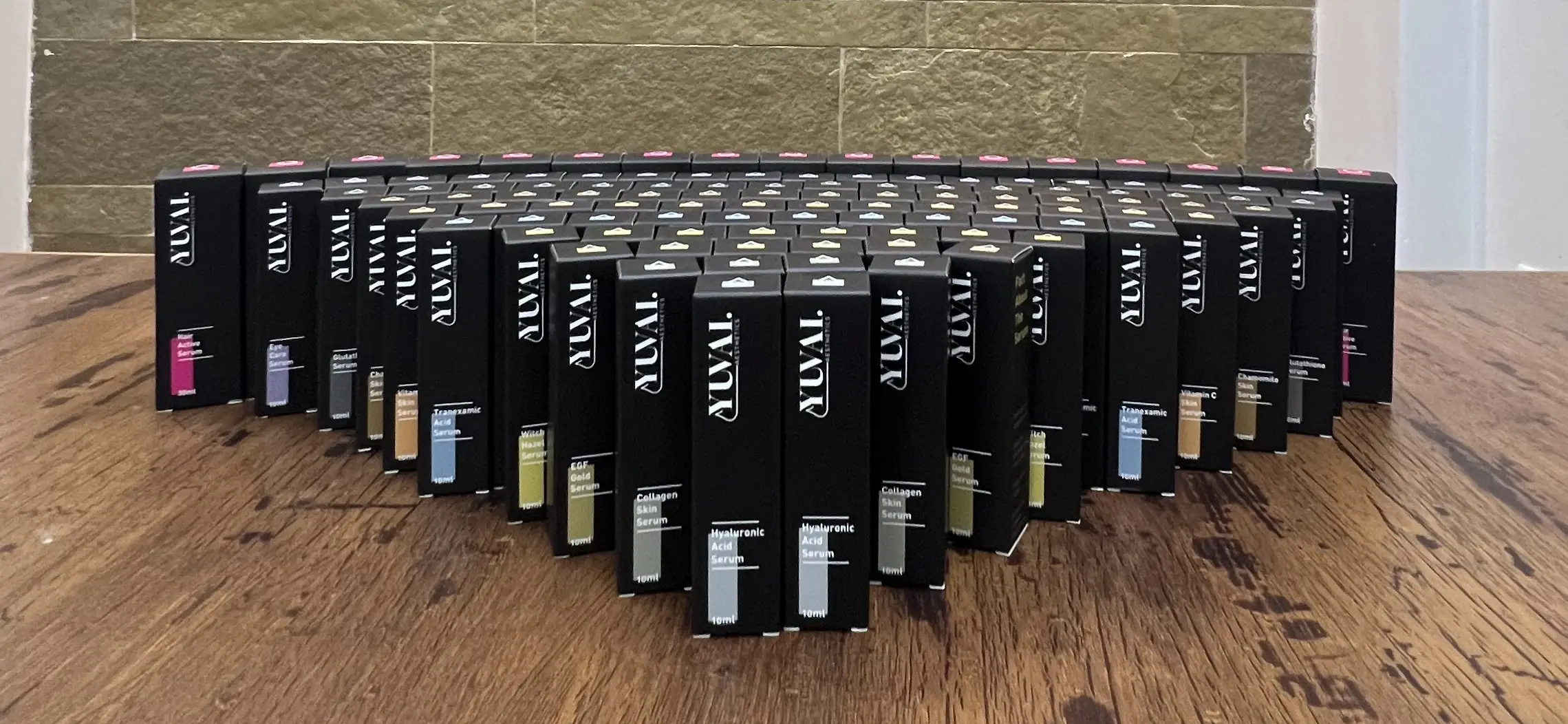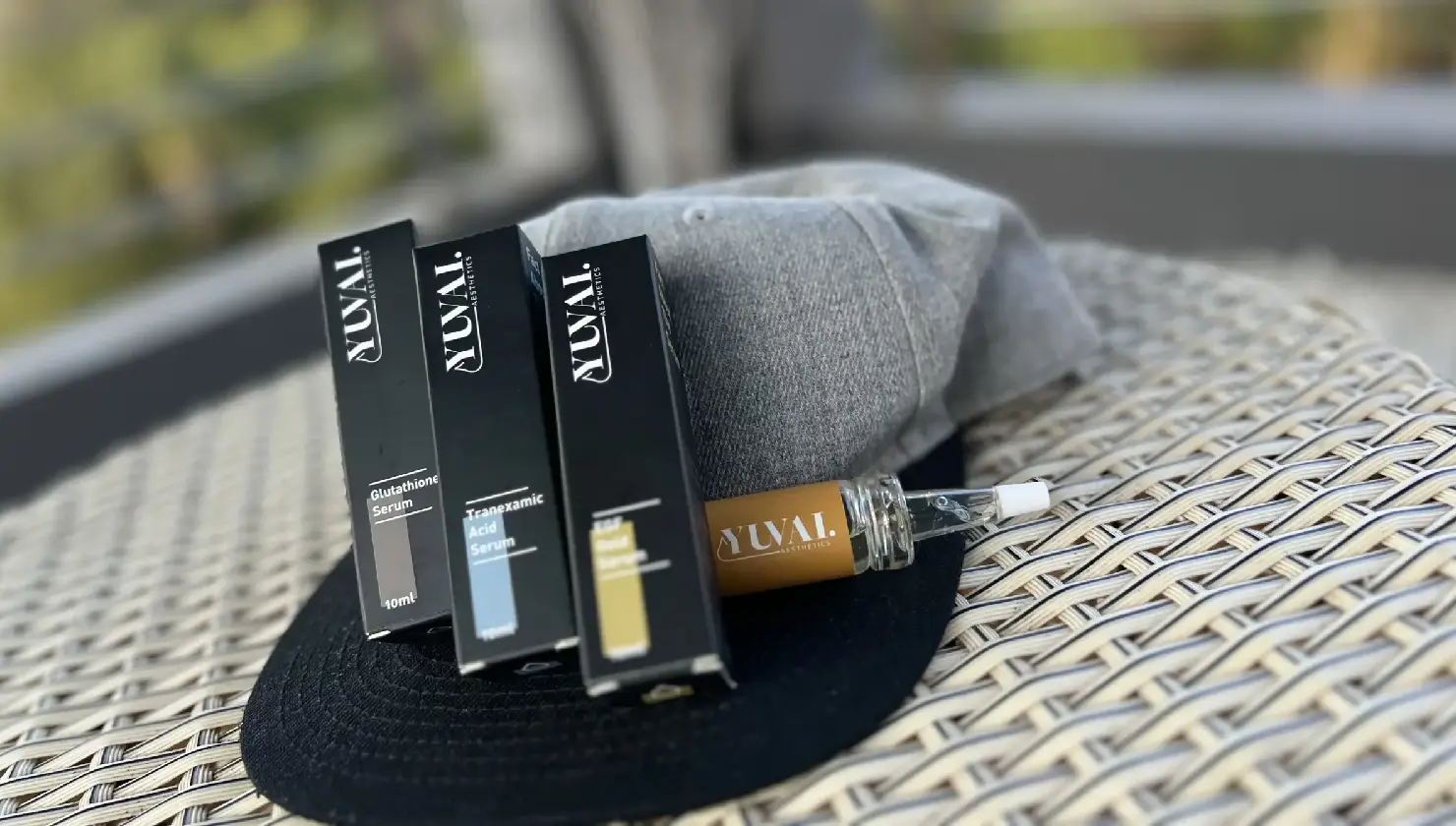Skin serums deliver concentrated active ingredients to target specific skin concerns effectively.
Skin serums have become a staple in many people’s skincare routines due to their ability to deliver concentrated doses of active ingredients directly into the skin. They are often lighter and more potent than creams or moisturizers, targeting specific skin concerns with precision. If you're curious about what skin serums are, how they work, and how to choose the right one for your skin, you’ve come to the right place!
What is a Skin Serum?
A skin serum is a lightweight, fast-absorbing product designed to deliver a high concentration of active ingredients to your skin. These ingredients can address a variety of skin concerns, including fine lines, wrinkles, dark spots, acne, dehydration, and dullness. Serums are usually water-based or gel-based, making them thinner and more easily absorbed than traditional creams or lotions.
Unlike moisturizers, which create a barrier to lock in hydration, serums penetrate deeply into the skin and deliver powerful ingredients where they are needed most. Because of their concentrated formulas, they are highly effective at targeting specific skin issues.

Benefits of Using Skin Serums
Here are some benefits of using skin serums:
- Targeted Treatment: Serums are formulated with higher concentrations of active ingredients, allowing them to target specific skin concerns like pigmentation, wrinkles, acne, or dehydration more effectively than traditional skincare products.
- Quick Absorption: Due to their lightweight consistency, serums are absorbed quickly into the skin, allowing the active ingredients to start working immediately.
- Anti-Aging Benefits: Many serums contain powerful antioxidants like Vitamin C or peptides that help to stimulate collagen production, reduce wrinkles, and promote a youthful glow.
- Hydration: Hydrating serums, typically containing ingredients like hyaluronic acid, can draw moisture into the skin and keep it plump and dewy.
Boosting Skin Health: Regular use of serums can enhance overall skin health by supporting skin renewal, providing protection from environmental damage, and balancing oil production.
Types of Skin Serums
There is a wide variety of skin serums available, each designed to address specific skin concerns. Let’s take a closer look at some of the most common types:
1. Hydrating Serums
Main Ingredients: Hyaluronic acid, glycerin, aloe vera
Best For: Dry, dehydrated, or sensitive skin
Hydrating serums are designed to replenish moisture and keep your skin plump and well-hydrated. Hyaluronic acid is a common ingredient in these serums due to its ability to hold up to 1,000 times its weight in water, making it highly effective for attracting moisture to the skin.
2. Anti-Aging Serums
Main Ingredients: Retinol, peptides, Vitamin C, collagen
Best For: Mature skin or anyone looking to reduce fine lines and wrinkles
Anti-aging serums typically contain ingredients that boost collagen production, help reduce fine lines, and fight signs of skin aging.Vitamin C & Glutathione help brighten the skin and reduce dark spots.
3. Brightening Serums
Main Ingredients: Vitamin C, niacinamide, licorice extract
Best For: Dull, uneven skin tone, dark spots, hyperpigmentation
Brightening serums target dark spots, uneven skin tone, and dullness. Vitamin C is one of the most popular ingredients in brightening serums, known for its antioxidant properties and ability to even out skin tone. Niacinamide (Vitamin B3) is another powerful ingredient that helps brighten the skin while reducing redness and discoloration.
4. Acne-Fighting Serums
Main Ingredients: Witch Hazel , tea tree oil
Best For: Oily, acne-prone skin
Acne serums are designed to target breakouts, reduce inflammation, and clear clogged pores , by balancing pH and controlling sebum production .
5. Firming and Lifting Serums
Best For: Sagging skin or loss of elasticity
Firming serums typically contain peptides, which are small chains of amino acids that help rebuild the skin’s structure. These serums work by stimulating collagen and elastin production, which in turn helps improve skin firmness and elasticity.
6. Repairing Serums
Main Ingredients: Centella Asiatica, vitamin E, ceramides , EGF – epidermal growth factor
Best For: Sensitive, damaged, or irritated skin
Repairing serums contain ingredients that calm, repair, and protect the skin’s barrier. They are ideal for those with irritated, sensitive, or damaged skin, including conditions like rosacea, eczema, or post-treatment recovery.
How to Use Skin Serums
To maximize the effectiveness of your skin serum, it’s important to apply it correctly. Here’s a simple step-by-step guide on how to use a skin serum:
- Cleanse Your Skin: Start by thoroughly cleansing your skin with a gentle cleanser to remove dirt, oil, and impurities.
- Apply Toner (Optional): If you use a toner in your skincare routine, apply it after cleansing. Toners can help balance the skin’s pH and prepare it to absorb the serum more effectively.
- Apply Serum: Take a small amount of serum (usually a few drops) and gently pat it into your skin. Avoid rubbing it in; instead, tap it lightly to help the serum absorb quickly.
- Follow with Moisturizer: After applying the serum, follow up with a moisturizer to lock in hydration and further enhance the effects of the serum.
Use Sunscreen: If you’re using a serum in the morning, always follow up with a broad-spectrum sunscreen to protect your skin from UV damage.

Tips for Choosing the Right Serum for Your Skin
- Know Your Skin Type: The first step in choosing a serum is identifying your skin type (oily, dry, combination, sensitive). This will help you select a serum that’s formulated for your skin’s specific needs.
- Target Your Concerns: Focus on the skin concerns you’d like to address. If you want to brighten your complexion, look for serums with Vitamin C or niacinamide. For acne-prone skin, opt for serums containing salicylic acid or benzoyl peroxide.
- Start Slow: If you’re new to using serums or active ingredients like retinol, start by incorporating the serum into your routine slowly to avoid irritation. Begin with every other day or once a week, and gradually increase usage.
- Patch Test: To avoid potential reactions, perform a patch test before using any new serum. Apply a small amount of the product to a discreet area of your skin (like behind your ear or on your wrist) and check for irritation after 24 hours.
Conclusion :
Skin serums are an incredibly effective way to address specific skin concerns, thanks to their concentrated formulas and potent active ingredients. Whether you’re looking to hydrate your skin, fight signs of aging, brighten your complexion, or reduce acne, there’s a serum for every need. By incorporating the right serum into your skincare routine, you can achieve smoother, brighter, and healthier skin.
Remember to choose a serum that aligns with your skin type and concerns, and always follow the recommended usage instructions for the best results.
Ready to Revamp Your Skincare Routine?
Explore the Yuvai Aesthetics range of targeted skin serums to address your unique skin needs and unlock your healthiest, most radiant complexion!







